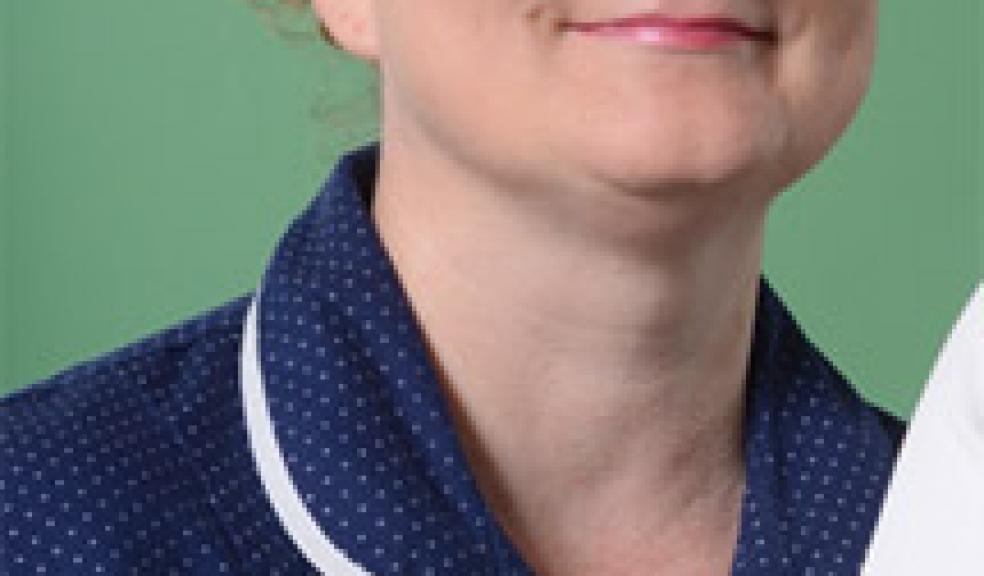
Pregnancy research at Derriford in international spotlight
Researchers at Plymouth Hospitals NHS Trust have played a key role in two major, national trials which will change treatment for mothers-to-be.
The results of the trials have been published in international journals within days of each other.
The OPPTIMUM study was published in The Lancet at the weekend and The 35/39 Trial was published in the New England Journal of Medicine (NEJM) on Thursday, March 3 2016.
The study was headed nationally by Professor Jane Norman in Edinburgh and locally by Professor Ross Welch and Research Midwife Heidi Hollands.
It examined whether the use of progesterone pessaries during pregnancy in women who had had a previous pre-term birth prevented further pre-term delivery of their babies.
After carrying out the trial on more than 1200 women, the conclusion was that progesterone did not help to prevent pre-term labour and has provided the evidence needed to inform clinical practice for this group of women.
The 35/39 Trial was run by researchers in Nottingham and involved more than 600 pregnant women. It investigated whether inducing labour at 39 weeks in mothers aged 35 or older helped to reduce the number of caesareans carried out.
The conclusion was that induction had no adverse effect on the mother and new-born baby and made no difference to the number of caesareans needed.
Heidi Hollands, Plymouth Hospitals NHS Trust Research Midwife Champion, put in a significant amount of work, including the screening and recruitment of patients, for both trials.
She said: “The results now give us a robust evidence base which can be used to help inform guidelines and clinical practice for the benefit of our patients. The evidence will also help to prevent unnecessary treatments and procedures being carried out on pregnant women and will help mothers to be and their doctors make more informed decisions.”
Ross Welch, Consultant Fetomaternal Medicine at Derriford Hospital, said: “It is often more difficult to get trials which show no real benefit of new or established treatments published but it is so important to know what doesn't work so that we do not waste limited NHS resources. The results of both studies help to answer important questions for childbearing women.”
The 35/39 Trial was carried out partly because, in the ten years until 2006, births to women 35 years or older in the UK went from 12% to 20% of all deliveries.
The risks of stillbirth, pre-eclampsia, pregnancy diabetes and problems with the placenta are all higher in pregnant women aged 35 years and over and they are more likely to deliver premature and underweight babies.
Women aged 35 and over are also more likely to have problems in labour with 38% of women over 34 ending up with caesarean sections, rising to 50% of women over 40 years of ages having their first baby.
Professor of Obstetrics and Gynaecology at The University of Nottingham, Jim Thornton, said: “Ours is the first clinical trial to provide some hard evidence to help decision-making among doctors and older, first-time mothers-to-be.”













